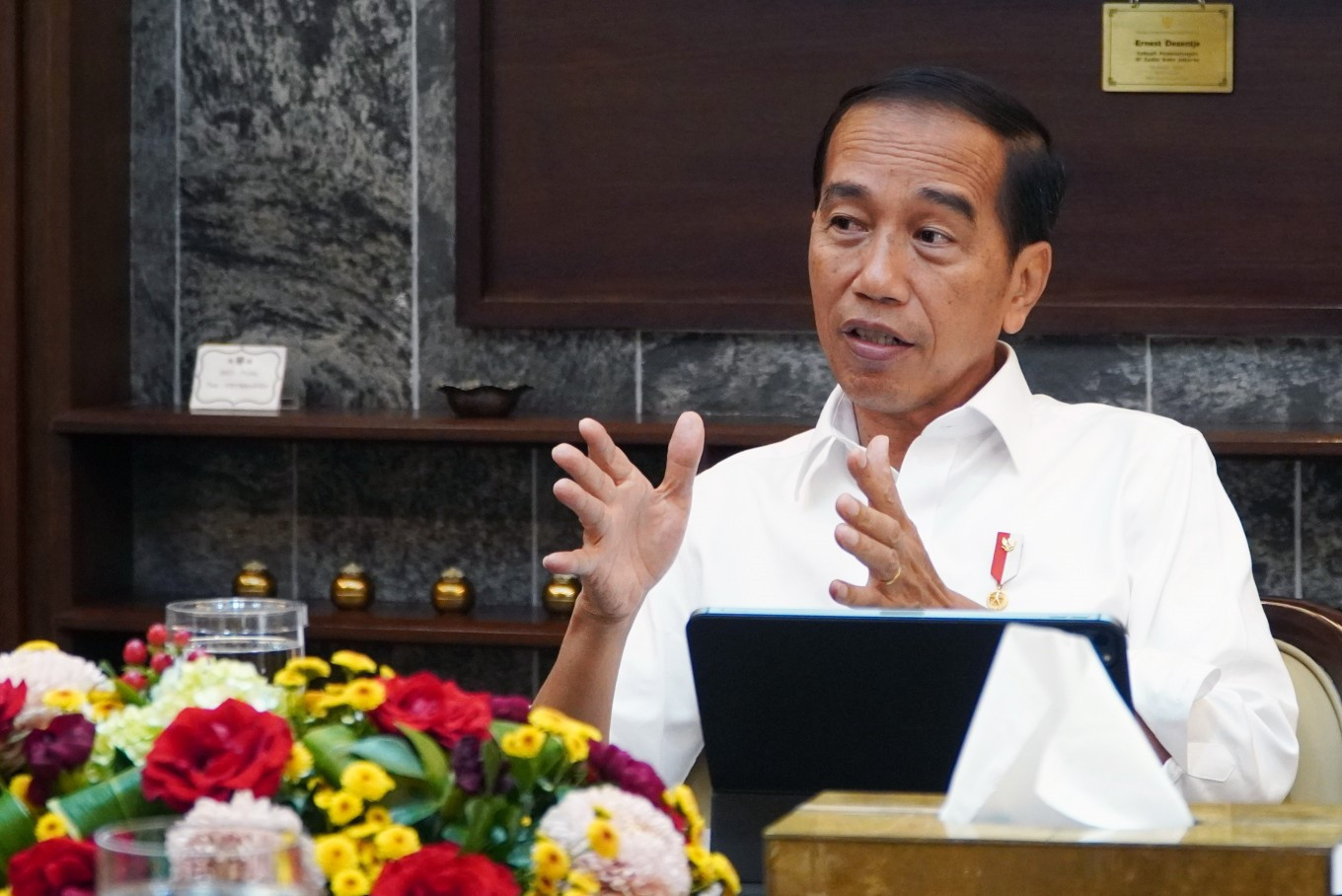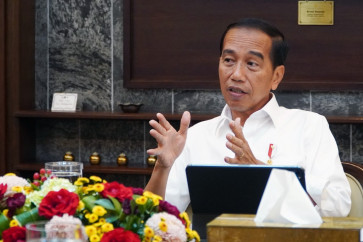Popular Reads
Top Results
Can't find what you're looking for?
View all search resultsPopular Reads
Top Results
Can't find what you're looking for?
View all search resultsFrom ‘Jokowi’ to ‘Mulyono’: The dynamics of names in politics
The childhood name was used as a symbol of weakness and a vulnerable past, perceived as a contrast to Jokowi's image as a strong, pro-people leader during his presidency.
Change text size
Gift Premium Articles
to Anyone
I
n the annals of history, names have always held significant weight, serving not just as personal identifiers but also as symbols of power, hope and destiny. A leader's name often transcends its original function, becoming intertwined with the political and social narratives surrounding that individual.
The phenomenon of a name serving as a symbol is evident in the stories of some of the world's most renowned leaders, whose names have shaped public perceptions of their leadership.
Just recently, this dynamic has taken on a unique relevance in Indonesia, where the name of President Joko “Jokowi” Widodo, often linked to his childhood moniker "Mulyono"—a name associated with physical frailty—has resurfaced in public discourse amid widespread protests against his alleged efforts to consolidate his political dynasty.
The past week saw students and people from all walks of life take to streets to block revisions to the Regional Elections Law that would allow Jokowi’s youngest son Kaesang Pangarep to run in a regional head race, even though the Constitutional Court had ruled the opposite.
When discussing the names of world leaders, we can look back to one of the most influential figures in history, Napoleon Bonaparte. The name "Napoleon" is not just a personal identifier but a symbol of ambition, power and military prowess.
Born in 1769 in Corsica, France, Napoleon Bonaparte rose from a military general to become the Emperor of France. The name "Napoleon" itself is derived from the Italian "Napoleone", meaning "lion of Naples". This name embodies courage and strength, qualities that were evident in his leadership on the battlefield and in his governance.
However, Napoleon also understood the importance of a name in crafting an enduring image. He wielded his name strategically to legitimize his rule and instill fear in his enemies.
Your Opinion Matters
Share your experiences, suggestions, and any issues you've encountered on The Jakarta Post. We're here to listen.
Thank you
Thank you for sharing your thoughts. We appreciate your feedback.



















